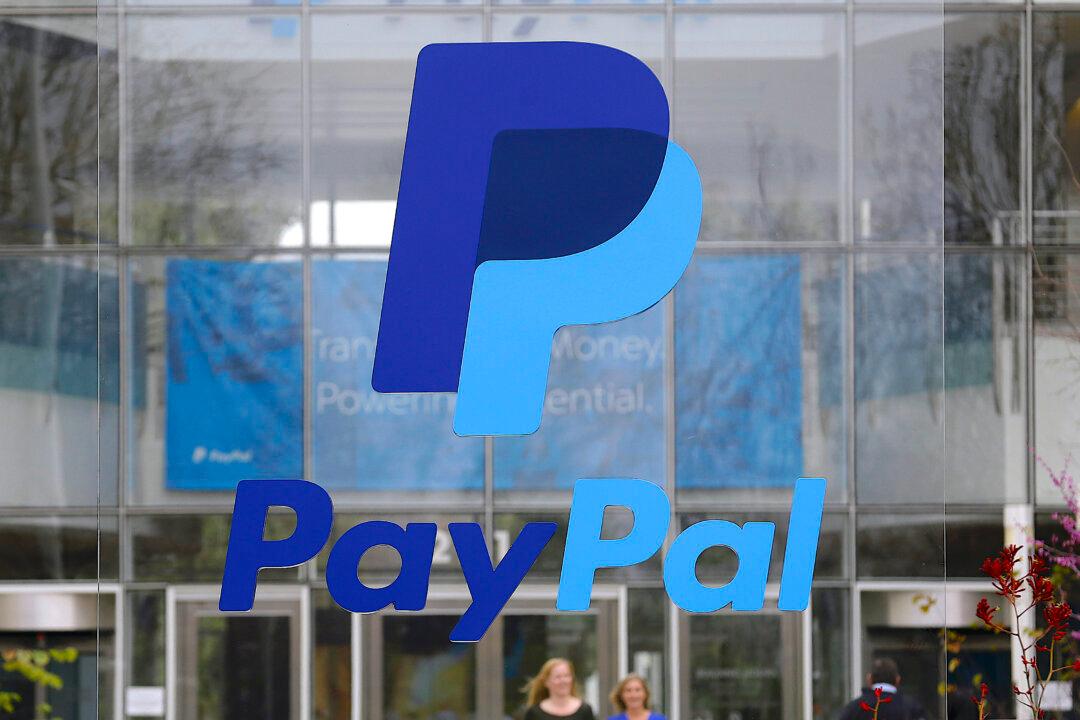The Securities and Exchange Commission (SEC) sided with conservative investors this week in their request to investigate what they say is PayPal’s systemic political and religious discrimination against customers.
Over the objections of PayPal’s management, the agency allowed a proposal by the National Center for Public Policy Research (NCPPR) to go to a shareholder vote at the company’s next annual meeting. This decision follows a similar decision on March 29, in which the SEC green-lighted a proposal regarding alleged political and religious discrimination at JPMorgan Chase, the United States’ largest bank.





